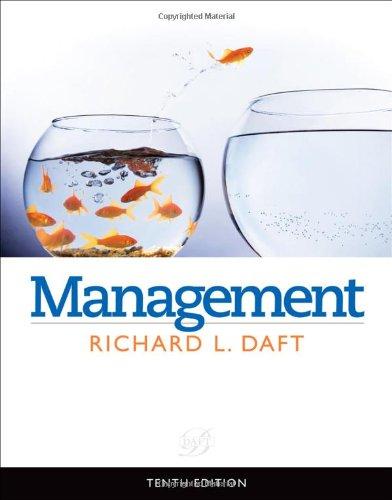3. Suggest at least one idea for training, one for performance evaluation, and one for compensation that
Question:
3. Suggest at least one idea for training, one for performance evaluation, and one for compensation that might be used to develop and maintain a committed corps of limo drivers. Dawson Rutter started a limousine company so he’d have a nice place to work—but not have to work very hard. Rutter was content to keep the company small and play golf several times a week. Six years later, though, after being offered what he considered a paltry figure from a larger company that wanted to acquire Commonwealth, Rutter realized he needed to do more to build value in the business. He envisioned transforming his local driver’s service into a company with international reach and a level of customer service that would set new benchmarks in the industry.
From his previous experience driving taxis and limos for other companies, Rutter knew what his priority would be in building his business:
“Other companies are metal-centric— mostly about the cars,” he says. “We are flesh-centric. We are about people.” To provide the best customer experience meant Commonwealth had to provide a level and consistency of service above and beyond what was offered by other companies. At the time, Commonwealth had few professional or management employees, with Rutter handling most duties, including sales and marketing. He started his transformation by recruiting a top-notch sales manager, who steadily began building the client base. Commonwealth expanded into New York City and snagged accounts from some of the choicest hotels. Some guests liked the service so well they retained Commonwealth for their own companies. But more customers led to more challenges. It was one thing to provide boutique service with a small, locally focused company serving 40 or so customers, but providing it to 4,000 clients around the world was a different matter.
Step by Step Answer:







